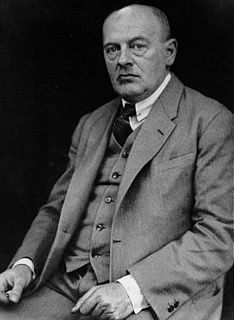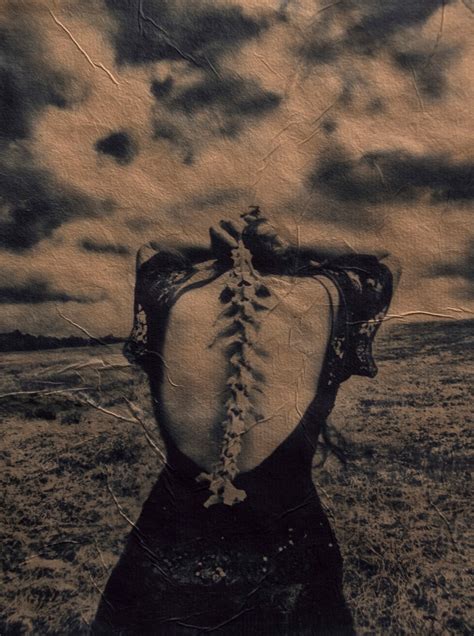A Quote by Don DeLillo
Nostalgia is a product of dissatisfaction and rage. It´s a settling of grievances between the present and the past.
Related Quotes
Murray said, ´I don´t trust anybody´s nostalgia but my own. Nostalgia is a product of dissatisfaction and rage. It´s a settling of grievances between the present and the past. The more powerful the nostalgia, the closer you come to violence. War is the form nostalgia takes when men are hard-pressed to say something good about their country.´
Sentimentality and nostalgia are closely related. Kissing cousins. I have no time for nostalgia, though. Nostalgics believe the past is nicer than the present. It isn't. Or wasn't. Nostalgics want to cuddle the past like a puppy. But the past has bloody teeth and bad breath. I look into its mouth like a sorrowing dentist.
Ressentiment is always to some degree a determinant of the romantic type of mind. At least this is so when the romantic nostalgia for some past era (Hellas, the Middle Ages, etc.) is not primarily based on the values of that period, but on the wish to escape from the present. Then all praise of the “past” has the implied purpose of downgrading present-day reality.
For paradise we long. For perfection we were made...This longing is the source of the hunger and dissatisfaction that mark our lives...This longing makes our loves and friendships possible, and so very unsatisfactory. The hunger is for...nothing less than perfect communion with the...one in whom all the fragments of our scattered existence come together...we must not stifle this longing. It is a holy dissatisfaction. Such dissatisfaction is not a sickness to be healed, but the seed of a promise to be fulfilled...The only death to fear is the death of settling for something less.
Originally the structure was . . . a modern narrator who would appear intermittently and talk about his memories of his grandmother, which would then be juxtaposed against scenes from the past. But the stories from the past were always more interesting that the things in the present. I find this almost endemic to modern plays that veer between past and present. . . . So as we've gone on developing GOLDEN CHILD, the scenes from the past have become more dominant, and all that remains of the present are these two little bookends that frame the action.
And it is clear to Evan, now: the difference between what is and what has been done; the present and the past. He sees that what he does and who he is isn't based on the past unless he wants it to be... No. That is the past, which has been seen differently through many different eyes and has become hazy and unclear, like a pond when stirred with a stick. Only the present moment is clear and free from prejudice.
We learn in the past, but we are not the result of that. We suffered in the past, loved in the past, cried and laughed in the past, but that's of no use to the present. The present has its challenges, its good and bad side. We can neither blame nor be grateful to the past for what is happening now. Each new experience of love has nothing whatsoever to do with past experiences. It's always new.
But the past does not exist independently from the present. Indeed, the past is only past because there is a present, just as I can point to something over there only because I am here. But nothing is inherently over there or here. In that sense, the past has no content. The past - or more accurately, pastness - is a position. Thus, in no way can we identify the past as past
It's the difference between a parable and a pamphlet. A parable discusses things that are relevant in the past, the future, and the present - regardless of the outcome in the present. A pamphlet, on the other hand, is completely concerned with affecting an outcome in the present, the most immediate present.





































